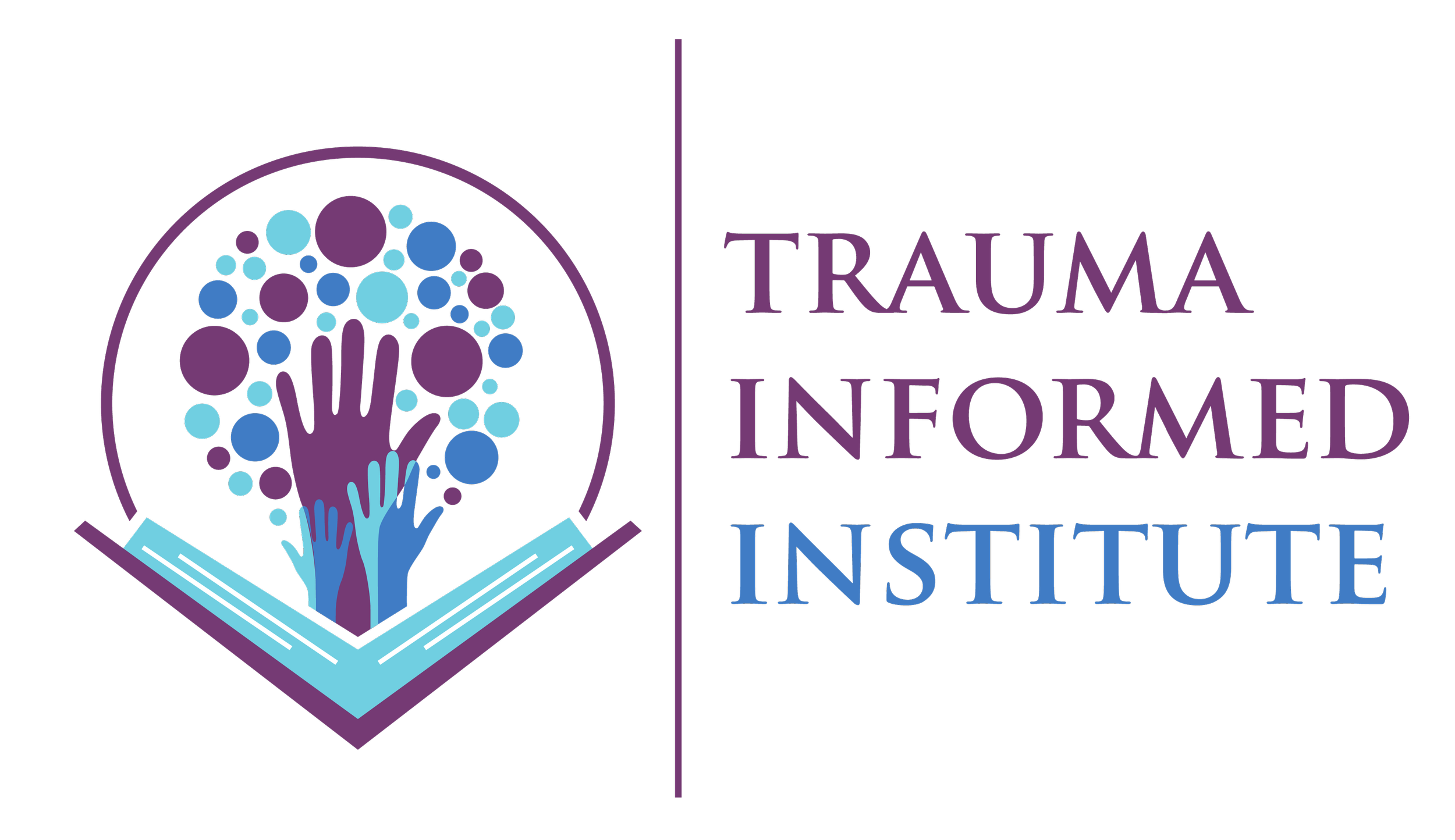School provides an environment and resources for students to learn. Children begin learning the moment they are born; through sounds, touch, rhythm, and human-body connection. In our current society, these approaches evolve as children grow in age; focusing on cognitive and academic learning approaches.
School plays a major role in the community. Whether public or private it is the center of the community because it is the place that connects every child AND parent with the opportunity to learn. Yes, every parent. A school can't happen without children, children can't happen without parents, parents can't teach their children without working with and trusting the teachers and staff within the school, and the school will not succeed in fostering a healthy environment for learning without adequate support from the community.
In students' quest to achieve their dreams, it was believed that school acts as the connection between families and children. Therefore, approaching education with an understanding of social, emotional, mental, and academic drives changes in the system.
As the number of schools that embrace trauma rises, we would like you to take a closer look and see the beauty of trauma-informed schools:
A caring environment is one of the major characteristics of trauma-informed schools. Educators should provide a space for children to feel safe and accepted regardless of their age, race, or status. Research shows that the feeling of a strong and nurturing relationship is imperative in working with a child who has experienced trauma. Being seen, heard, and respected as a person is essential for all students.
This requires: understanding cultural differences, different learning styles & personalities, and most importantly, what has happened and is happening to a child and checking personal bias in response to what a child is experiencing.
Awareness that children are not the problem to be fixed. While we look at academic performance and attendance to measure the success of a student; operating trauma-informed schools aim to bring an equitable approach to education by prioritizing healthy brain development through coregulation, rhythm/movement, and play; increase daily positive interactions. Many students come to school with heavy baggage, and educators should be equipped or have the proper support in place to meet the needs of the whole child.
Recognizing that being trauma-informed is a mindset that takes intentional and collective action to implement. There should be a clear understanding that trauma-informed schools are designed to teach not punish, to empower not discipline, and to grow/develop not perform.
This requires intentional efforts to engage and align with parents. Parent trust and relationships are just as important if not more important than interventions for the child. Schools cannot be successful without positive parent engagement.
Establishing processes that deepen community and connection so that all experiences from a student, parent, to staff member are validated. This helps identify and prioritize the root causes of "low academic performance", "disruptive behaviors", and "attendance issues". Being trauma-informed is about understanding how a person's experiences and' impact the brain's functioning and then addressing it according to that vs a standardized approach.
Becoming trauma-informed cannot happen overnight. It is more than just one or two training sessions. It is a continuous learning process that can be rigorous, frustrating, and costly (in the interim). However, when on this journey, the desired impact changes policies in the school, builds sustainable systems in partnership with the community, and equips both parents and school staff with access to the proper support and resources thus reducing the dose and negative impact of adversity and trauma within students; which will impact the rest of their lives and the world collectively.


